
Dora Rodriguez, border humanitarian and founder of Salvavision, talks about her recently published book, “Dora: A Daughter of Unforgiving Terrain,” at Stacks Book Club in Oro Valley. (Stephanie Casanova/CALÓ News)
Tucson, Ariz. – When Dora Rodriguez talks, everyone in her audience listens intently. She’s not loud. In fact, people sometimes have to lean in to hear her clearly. But her words, calm and caring, pull people in. She captures people’s attention as she discusses what has been happening at the border for decades.
Rodriguez intimately understands the dangers of crossing the border, as well as the dire circumstances that lead people to make the journey north. She almost died in the desert in July of 1980 while crossing through the Organ Pipe Cactus National Monument in Arizona.
She was 19 years old that summer when she crossed the border with 25 other migrants and four guides. Thirteen of the migrants did not survive, she said. It’s a story long forgotten, that is, until this year, when she published her book, “Dora: A Daughter of Unforgiving Terrain,” in which she details her life and that summer in the unforgiving Arizonan desert.
A photo of her being carried out of the desert, her body limp in a rescuer’s arms as she was as close to death as she’s ever been, was printed in newspapers around the world. The news sparked the sanctuary movement in Tucson, which spread across the country as more and more Salvadorans fled civil war and arrived in the U.S. in search of safety.
Tucson’s Southside Presbyterian Church became a haven for migrants. Underground networks of Samaritans in Tucson housed and helped those who had migrated north in search of safety. By 1982, Rodriguez was among those groups working to provide migrants with housing, safety and support.
“It was a very nice thing because we picked them up at the sanctuary church with a little paper bag containing their belongings,” Rodriguez said. “And I saw myself in that person, because that's how I arrived, with nothing."

Dora Rodriguez, border humanitarian and founder of Salvavision, talks about her recently published book, “Dora: A Daughter of Unforgiving Terrain,” at Stacks Book Club in Oro Valley. (Stephanie Casanova/CALÓ News)
A life spent helping others
Rodriguez has dedicated her life to helping others. It’s a calling she has felt since she was young. Growing up in a small town in El Salvador, she and her community built homes for others while also constructing their own. In high school, she helped friends who were promotores — health social workers — with their work.
But in 1979, as civil war reached her small town of La Matepec, Rodriguez was forced to flee, leaving behind her family and the only home she had ever known. Her forced migration and journey north changed her life, she said. Her resolve to serve others grew stronger after she survived the desert.
“I think that what I have always seen and wanted is to maintain my humanity,” she said. “I have always asked God not to take away my humanity.”
She has housed migrants in her home and volunteered with organizations that go out to the desert looking for items people leave behind and providing them with water.
Today, she’s the founder and director of Salvavision, a volunteer-run nonprofit organization that provides services to asylum seekers and those who have been deported, like housing, medical care and legal assistance. The organization also helps asylum seekers integrate into their new communities and raises awareness about the realities and needs of those who come to the U.S. to seek refuge.
She has visited migrants in detention centers in Eloy and Florence. She has taken hygiene kits and food to migrant shelters in Nogales and Sonoyta. In 2020, through Salvavision, she established a resource center in Sasabe, where migrants would arrive in need of food and medical care.
But many of the people she has helped, or those she has talked to in classrooms, churches and community centers across the country about the realities of the borderlands, didn’t know her personal story.
“My story was in my heart for many years, and nobody knew my story,” she said. “I did my humanitarian work but no one knew who Dora was.”
For years, she kept some of the more traumatic details of her border crossing experience to herself.
That was until she decided to write her memoir. It was then, as she discussed with her now-adult children what she should include in the book, that they learned about the experiences her mother had witnessed and lived with over the years.

Dora Rodriguez, border humanitarian and founder of Salvavision, talks to community members about her recently published book, “Dora: A Daughter of Unforgiving Terrain,” at Stacks Book Club in Oro Valley. (Stephanie Casanova/CALÓ News)
‘Dora: A Daughter of Unforgiving Terrain’
In July, 45 years after her harrowing journey through the desert, Rodriguez published her memoir. The book — a short 142 pages — shares stories of her childhood in El Salvador, her journey north, her children, her marriages and her humanitarian work.
In the most traumatic chapter of the book, Rodriguez describes in detail what happened to the women who died around her, including three young sisters.
Her daughter, Anna Schirripa, said learning some of those details while editing the book with her has brought them closer together. She believes it has also helped her mother heal.
When Rodriguez’s children accompanied her to the desert, where there are now 13 crosses commemorating those who died on the journey, they noticed there was still some heaviness their mom carried with her, Schirripa said.
Two years ago, as she tried to share her story, she couldn’t get through speaking engagements without crying, feeling survivor's guilt, Schirripa said. Now, she’s able to talk through her story in a way that still honors those who died, she said.
“I think that this has been a life-changing experience for her and for us,” she said. “I think we just better understand the story, and so now we can be more of a support to her too.”
Rodriguez said she wants the book to commemorate and honor the lives of her friends who died in the desert. She also hopes that others who have experienced trauma find hope in overcoming hardship and build a better life.
At her book launch event on July 5, Rodriguez sat in the middle of the sanctuary at Southside Presbyterian Church surrounded by longtime friends and fellow humanitarians and immigration advocates as she read a section of her new book.
Her book tour has taken her to bookstores and community centers across Arizona, in New Mexico, New York and Ohio. Schirripa has accompanied her mom on many of the stops, taking in the impact she and her book have had.
“It's just a really proud moment to see her on the stage and speaking her truth,” Schirripa said. “And, you know, speaking to people during these dark times right now, and so it just makes you really profoundly proud of her, and just a sense of accomplishment. It was a lot of work, and she worked really hard on it.”

Dora Rodriguez, border humanitarian and founder of Salvavision, talks to community members about her recently published book, “Dora: A Daughter of Unforgiving Terrain,” at Stacks Book Club in Oro Valley. (Stephanie Casanova/CALÓ News)
‘She is a gift to all of us’
Bob Kee met Rodriguez in the waiting room at Eloy Detention Center in 2016. Both of them were there to visit detainees. Kee, who now volunteers as the treasurer with Salvavision, said he has seen how Rodriguez impacts others through her work.
“She's a special human being,” Kee said. “And she is a gift to all of us, you know, to have her as a friend and work alongside her and work with her and learn from her.”
Father Ray Riding, who met Rodriguez through humanitarian work at the border, said the timing of her book was “in the grace of God.” He said her book humanizes migrants at a time when people are increasingly trying to dehumanize immigrants.
It’s what Rodriguez hoped her book would do.
“My goal with my book is to humanize,” she said. “To humanize who we are through the story and put a face to it, a story, to show the world the reality of why forced migration exists and that not all of us fall under that category of criminals.”
Rodriguez said the increased immigration enforcement and anti-immigration rhetoric is “simply a continuation of the cruelty that has always existed” in the U.S. For decades, both political parties have failed to pass comprehensive immigration reform that benefits communities, she said.
“I never give Trump credit for all this cruelty. Because he wants that victory. But it’s not all his,” Rodriguez said. “This is something that has been created for years and years and years. It’s just that in this moment there is more openly racism, discrimination so big toward our skin color and to all nationalities that are not white.”
Rodriguez said the way to overcome the anti-immigrant rhetoric that President Donald Trump’s administration insists on spreading is by working in community, as it has always been done.
“If we look at the history of this country, at everything the people have fought against injustice and discrimination, it has always, always been done as a community,” she said. “So I am 100% confident that the fight is not just for one person, but a collective fight of communities that share the same values and believe in humanity in general. So I feel that we will move forward, but we have to do it collectively, together.”
Stephanie Casanova is an independent journalist from Tucson, Arizona, covering community stories for 10 years. She is passionate about narrative, in-depth storytelling that is inclusive and reflects the diversity of the communities she covers. She recently covered the criminal justice beat at Signal Cleveland, where she shed light on injustices and inequities in the criminal legal system and centered the experiences of justice-involved individuals, both victims and people who go through the system and their impacted loved ones.

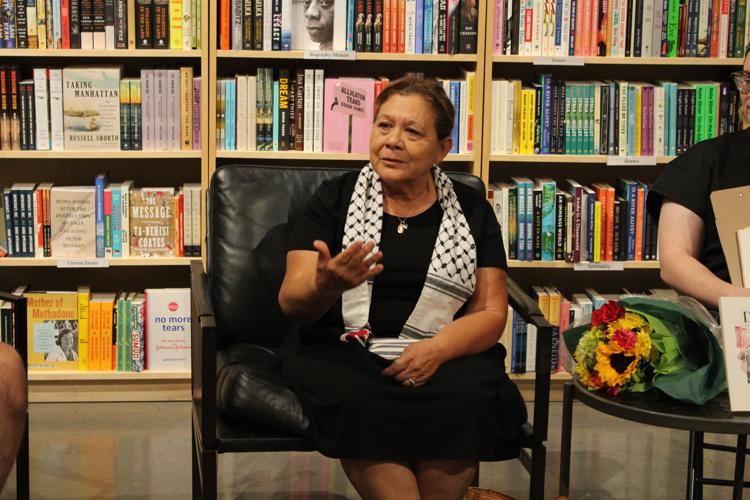
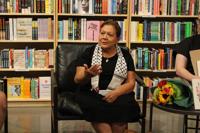
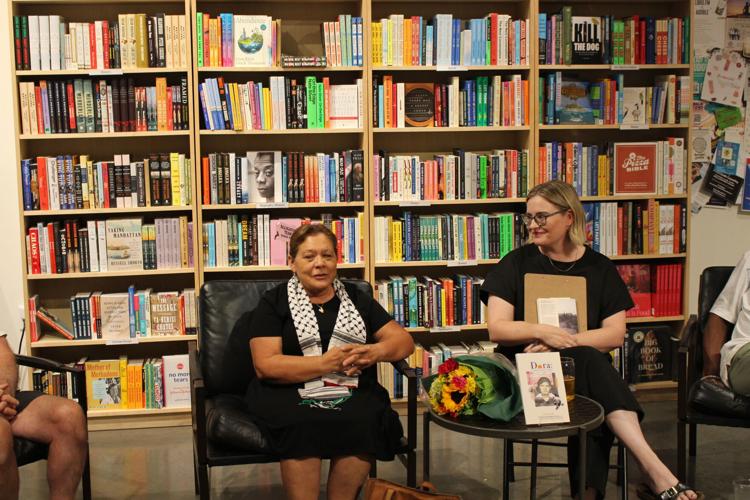
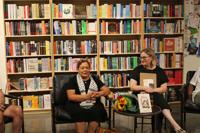
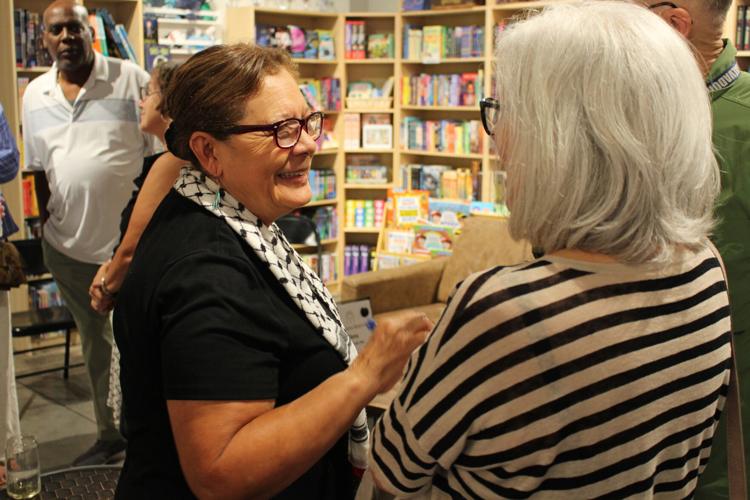
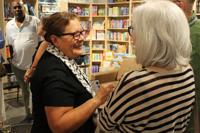
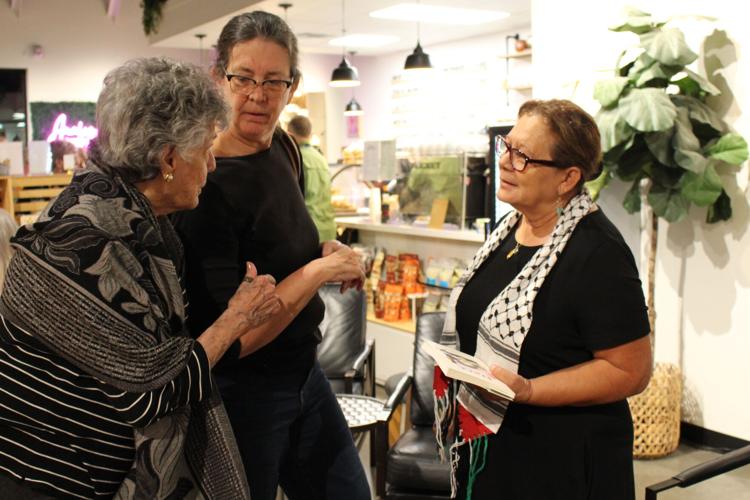
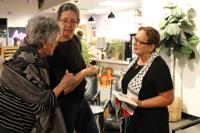



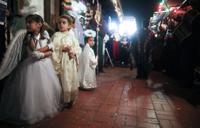

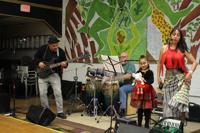

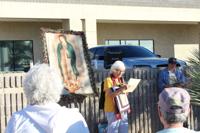




(0) comments
Welcome to the discussion.
Log In
Keep it Clean. Please avoid obscene, vulgar, lewd, racist or sexually-oriented language.
PLEASE TURN OFF YOUR CAPS LOCK.
Don't Threaten. Threats of harming another person will not be tolerated.
Be Truthful. Don't knowingly lie about anyone or anything.
Be Nice. No racism, sexism or any sort of -ism that is degrading to another person.
Be Proactive. Use the 'Report' link on each comment to let us know of abusive posts.
Share with Us. We'd love to hear eyewitness accounts, the history behind an article.